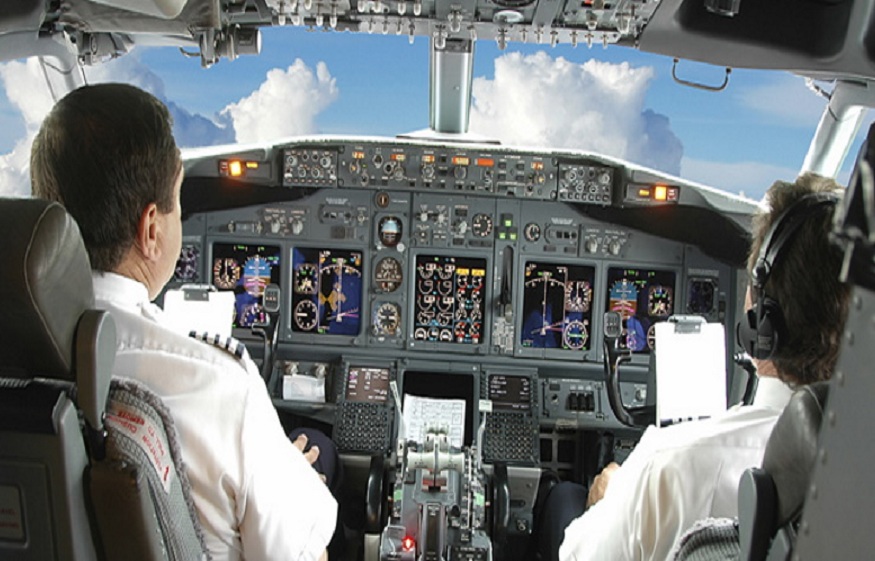The most important thing I learned while training to become a pilot is that there are two types of mistakes that you can make. There are the ones you should make, like taking risks and pushing yourself out of your comfort zone. And then there are the mistakes that will keep you from becoming a pilot at all—and those are very different. Here are some of the most common mistakes that you should avoid on your journey of becoming a pilot:
Make sure you are emotionally ready to be a pilot.
If you are considering becoming a pilot, there are many things to consider. One of the biggest pieces of advice I can give is that you need to be emotionally ready for this lifestyle.
Being a pilot means dedicating your life to learning how to fly and maintain aircraft. This will take up an incredible amount of time in your life if you want to do it right. It’s also important that you understand that flying is expensive! You’ll have expenses like flight training, equipment, and private pilot license cost, but most importantly, airplanes also cost money. So it’s good to have some savings put away or some source of income before starting.
Avoid rushing; spend time on the ground learning the basics before you actually fly.
If you want to become a pilot and avoid making mistakes, it’s important not to rush. You need to learn the basics on the ground before you fly. If you don’t have a good foundation in reading a map and using your compass, for example, there’s no way that you will be able to fly a plane properly. The basics are important because they are the foundation for more advanced skills like flying an aircraft in difficult conditions or landing at an airport under pressure situations.
Before becoming a professional pilot, learners should study basic subjects such as mathematics, physics, and meteorology to understand how engines work and how weather affects flight routes over long distances across oceans or continents.
Don’t get complacent about safety measures.
You should never let yourself become complacent about safety measures. You can’t take shortcuts or assume that everyone else is as safe as you are. Even if you think you’re the most careful person around, especially when it comes to flying, it’s imperative that you stay vigilant and aware at all times.
If something feels wrong, don’t ignore it—ask for help.
Don’t ignore your first aid training.
If you’re going to be traveling in the air, it’s a good idea to know how to use a first aid kit. In addition to learning how to treat common injuries, you should also familiarize yourself with what happens if something goes wrong. If there is an issue on your flight, for example, who will take care of it? What are the protocols for evacuation? Are there special provisions or training guidelines in place for pilots?
First aid kits are available at most travel stores and some pharmacies. Once you have one—and know how to use it—it’s important to keep up with basic training so that your knowledge is fresh in mind when necessary.
Don’t skip the pre-flight check.
If you’re a pilot, there’s one thing you’ve probably heard from your instructor more than anything else: “Don’t skip the pre-flight check.”
What exactly is a pre-flight check? It’s a thorough examination of the aircraft and its equipment. You’ll be checking things like weather, fuel levels, navigation equipment, radio equipment, and airport facilities to ensure that everything is in working order before taking off.
If it’s cold outside or raining heavily when you’re ready to fly, then maybe wait until tomorrow. If any part of your aircraft needs repair or replacement due to wear and tear or damage in an accident, then don’t fly without getting it fixed first.
Conclusion
The good news is that these mistakes are easy to avoid. You just need to be aware of them, prioritize your safety, and take the time to get the right training. Once you’ve mastered these skills, nothing is stopping you from becoming a pilot!




